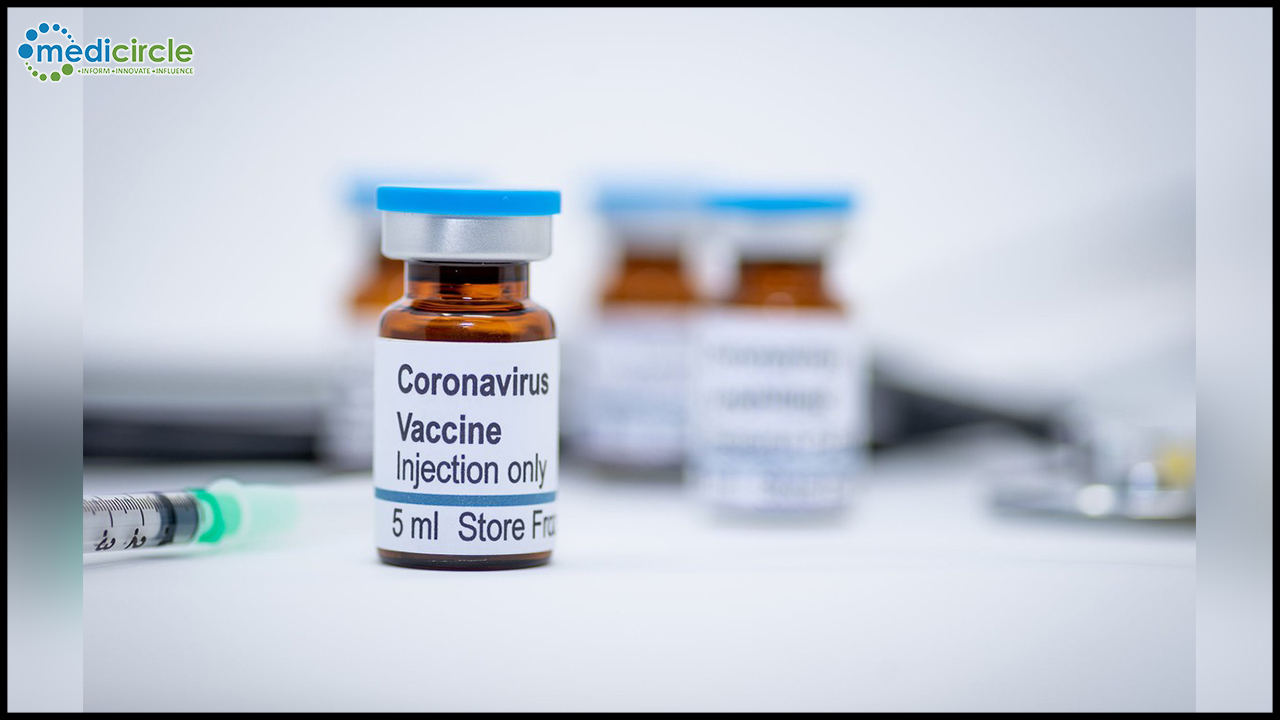To expedite development of vaccines that protect against the 2019 novel coronavirus, the U.S. Department of Health and Human Services' Office of the Assistant Secretary for Preparedness and Response (ASPR) will expand an existing partnership with New Jersey-based Janssen Research & Development, part of Johnson & Johnson.
Janssen and the Biomedical Advanced Research and Development Authority (BARDA), a component of ASPR, will share research and development costs and expertise to help accelerate Janssen's investigational novel coronavirus vaccine into clinical evaluation.
"When it comes to infectious diseases, vaccines are the backbone of the public health response," said BARDA Director Rick A. Bright, Ph.D. "With emerging infectious diseases such as COVID-19, speed is crucial to saving lives and reducing further spread of the virus. Janssen is a proven partner with a flexible, rapid, vaccine platform which gives us an edge in the race to protect people in the U.S. and worldwide from the health security threat posed by this novel coronavirus."
Janssen also will work on the scale-up of production and manufacturing capacities required to manufacture the candidate vaccine. This same approach was used to develop and manufacture Janssen's investigational Ebola vaccine with BARDA support; that vaccine is being used in the Democratic Republic of the Congo as part of the current Ebola outbreak response.
In addition to an investigational Ebola vaccine, the BARDA and Janssen partnership has supported development of other products and technologies to help save lives in public health emergencies, including a treatment for blood injuries caused by acute levels of radiation and a treatment for injuries caused by inhaled sulfur mustard. The partnership also has supported two JLABS respiratory protection technology innovation challenges and established a health security innovation zone at the new JLABS@Washington DC facility to spur breakthrough technologies needed for health security.
There is currently no approved vaccine, treatment, or diagnostic for novel coronavirus infections; however, the U.S. Food and Drug Administration issued an emergency use authorization (EUA) to enable emergency use of a diagnostic test developed by the Centers for Disease Control and Prevention.
In addition to expanded collaboration with Janssen, BARDA is working with counterparts across the government, including within HHS and with the Department of Defense. The team is reviewing potential vaccines, treatments and diagnostics from across the public and private sectors, particularly products in development for Middle East Respiratory Syndrome (MERS) or Severe Acute Respiratory Syndrome (SARS), to identify promising candidates for development to detect, protect against or treat people with novel coronavirus infections.
To obtain information about any potential products in development in the private sector that could be used in responding to the novel coronavirus outbreak, this task force launched a single point-of-entry website for innovators and product developers to submit brief descriptions of their relevant diagnostics, therapeutics, vaccines, and other products or technologies. The task force is particularly interested in identifying products and technologies that have progressed into or beyond non-clinical studies, have established large-scale commercial Good Manufacturing Practices (cGMP) manufacturing capability, or utilize an FDA-cleared diagnostic platform.
To further support the novel coronavirus response, BARDA also opened an easy broad agency announcement, an EZ-BAA, specific to diagnostics that utilize FDA-cleared platforms, with a viable plan to meet requirements for the FDA to consider issuing an EUA within 12 weeks of an award.

 To expedite development of vaccines that protect against the 2019 novel coronavirus, the U.S. Department of Health and Human Services' Office of the Assistant Secretary for Preparedness and Response (ASPR) will expand an existing partnership with New Jersey-based Janssen Research & Development, part
To expedite development of vaccines that protect against the 2019 novel coronavirus, the U.S. Department of Health and Human Services' Office of the Assistant Secretary for Preparedness and Response (ASPR) will expand an existing partnership with New Jersey-based Janssen Research & Development, part









.jpeg)







.jpeg)

.jpg)










